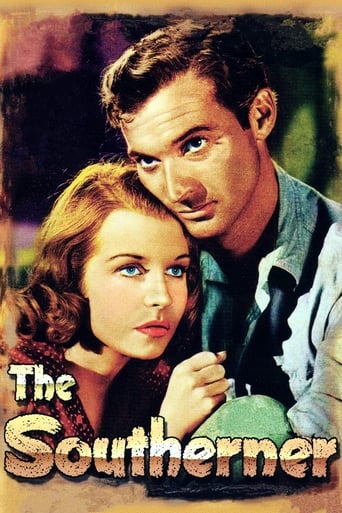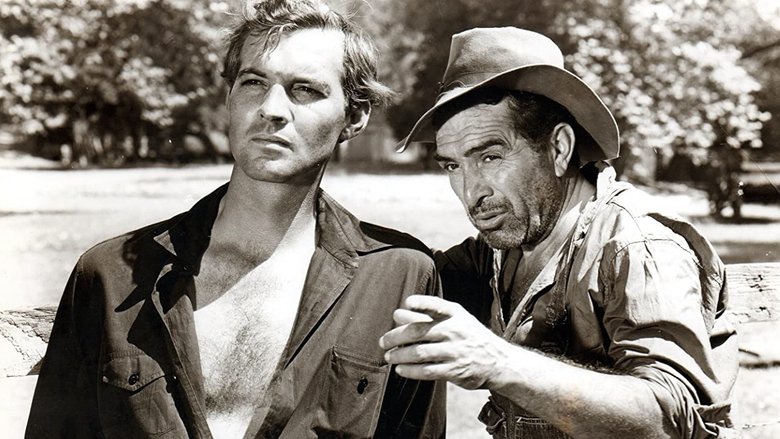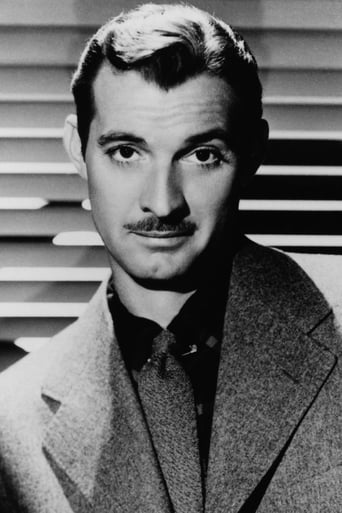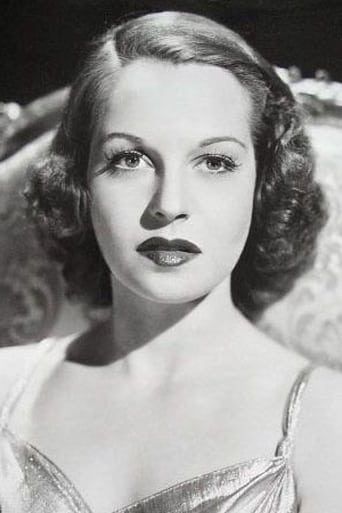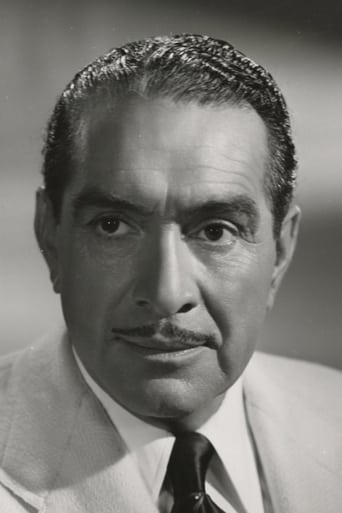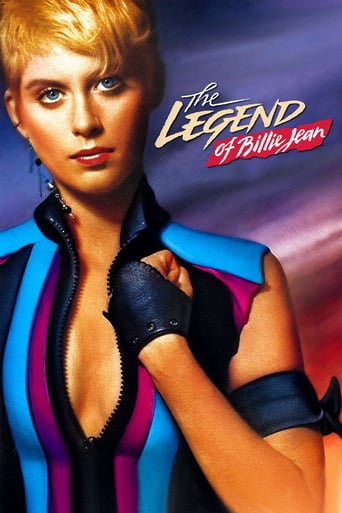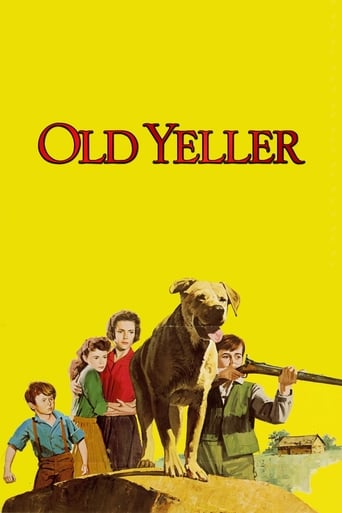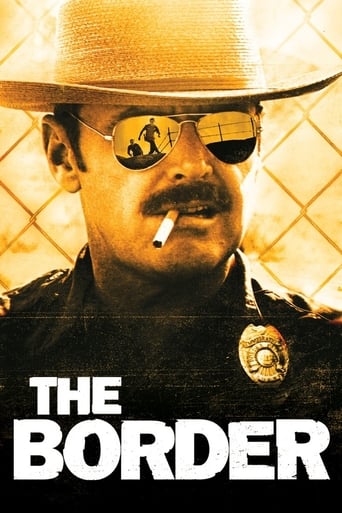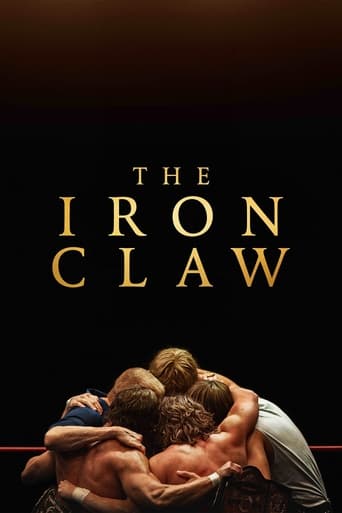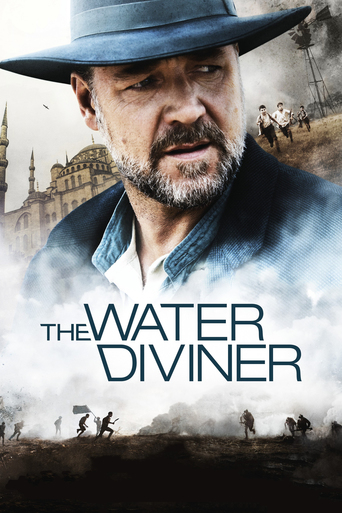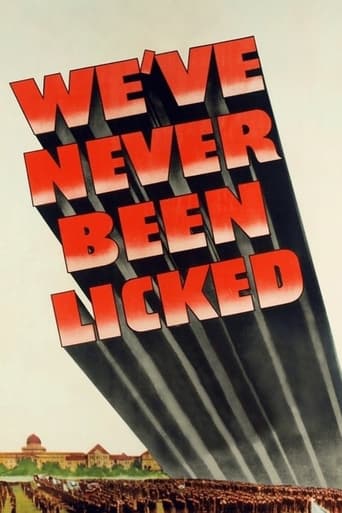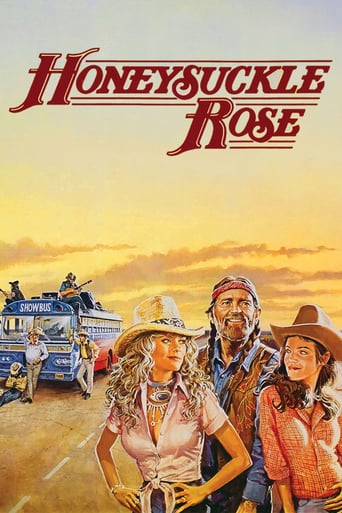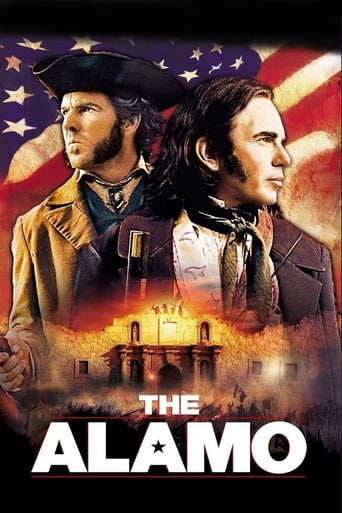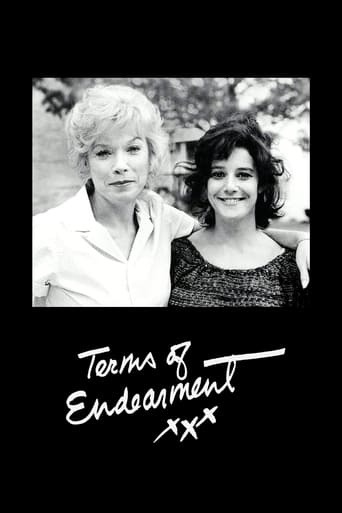The Southerner (1945)
Sam Tucker, a cotton picker, in search of a better future for his family, decides to grow his own cotton crop. In the first year, the Tuckers battle disease, a flood, and a jealous neighbor. Can they make it as farmers?
Watch Trailer
Free Trial Channels
Cast


Similar titles
Reviews
Plot so thin, it passes unnoticed.
I cannot think of one single thing that I would change about this film. The acting is incomparable, the directing deft, and the writing poignantly brilliant.
There is, somehow, an interesting story here, as well as some good acting. There are also some good scenes
This is one of the best movies I’ve seen in a very long time. You have to go and see this on the big screen.
The famed French director, Jean Renoir, spent a few years in Hollywood during WWII making films before ultimately returning home to continue his career following the defeat of the Nazis. "The Southerner" is one of these Hollywood-produced films made by Renoir.The film begins on a cotton field and one of the pickers has a heart attack. As he lies there dying, he urges his nephew (Zachary Scott) to get his own land and give up the hard life of a picker. So in the next scene, Scott gets his boss to agree to let him farm some old land that's been sitting vacant for many years. The idea sounds good, but when Scott sees the land he wonders if he has a prayer of making it work, as the farmhouse is almost completely in ruins and the place looks like a disaster area. Naturally, times are very, very difficult for the family and it's an interesting portrayal of a tough bygone way of life that few today in the USA can remember. Overall, it's unrelentingly depressing—and the family's life is made more so by an evil neighbor (J. Carroll Naish) who seems to delight in making them more miserable! But how can they possibly make it with so many things stacked against them? Tune in and see for yourself.While the film is not always pleasant, it does make for compelling viewing—you just can't stop watching the family fighting to eke out a meager existence. In this sense, it's very reminiscent of the film "The Good Earth"—but set in rural Southern America. And, historically speaking, it's an important film—mostly because aside from this, Hollywood tended to ignore this lifestyle. I was thinking about giving the film an 8 (it's very, very good), but I deducted a point for Beulah Bondi's over the top performance.By the way, despite Beulah Bondi looking and sounding like a more ancient, more annoying and insane version of Granny from "The Beverly Hillbillies" in this film, she isn't actually that old when she made the film (she was in her 50s). It seems Bondi played so many old women parts people just assumed she was an old woman—even when making films in her 30s and 40s.
The opening shot amounts to a wonderfully compelling hymnal to the land and those who toil there, while the rest of the movie attempts to follow through with that noble theme. There's no doubt that this is one of the most laudable movie projects to come out of the decade. But for all the earnest concern, there's still too much of the theatrical for my liking. I know, the film is generally hailed by critics, and there's much to be said for its consistent down-and-dirty look at the plight of the southern share-cropper. But there's also a staginess to many of the characters and scenes that blemishes director Renoir's naturalistic approach. Consider Beulah Bondi's over-the-top turn as Granny. She's supposed to offer amusingly caustic comments on events as relief from the rigors of the plot. The trouble is that both she and the camera rub our nose in the role. They just as well have hung a sign around her neck saying "crusty old woman". The bad make-up job doesn't help either and serves as a constant reminder that the Tuckers are after all only a make-believe family. Since she's a central character, the flaws in her wild eye-rolling performance are hard to ignore. The other acting is fine, especially from Scott in the lead role as Sam. However, both he and wife Nona (Field) are more stereotypes than multi-dimensional people. He's the noble, tireless worker, and so is she. Together, they are unwavering in their support of each other and the farm. And when Sam does waver after the flood, it's Nona providing the strength to persevere. Thus, it's the whole family and not just Sam plowing the field that will make the farm a success. That's a good point for the script to make. The trouble is that Sam and Nona are simply too good to be believable in the face of all the adversity. At least one breakdown scene where the emotional toll of the wrenching burdens is expressed would have added a more human dimension. Writer Renoir is simply too insistent on the nobility of the two characters, turning them more into symbols than complex real people.On the other hand, the hostile neighbor Devers (Naish) is the most interesting of the characters. His dark resentful nature would appear to come from uncredited co-writer William Faulkner who specialized in such Gothic personalities. The real agonizing story of what it means to start up a farm is told by the embittered old man in what I take to be the movie's central scene. He's made a success, but that success has made him hard and mean, and now he lives in fear of anyone rising above him. I wish the screenplay had not betrayed that dark impact for the price of a big fish in what strikes me as a very implausible turn- around scene on the riverbank. The film's virtues are pretty obvious. There's a real effort at showing rural poverty and its effects on people, never a Hollywood biggie. When little Daisy lovingly puts on the crude blanket-coat, I was reminded of a world so easily passed over in a nation of commercialized malls. Ditto the well-done possum feast, where the simple act of eating means so much more. And especially when the family and we gather around the little hearth fire to peer into the glow through eyes much more ancient than our own. These are indelible scenes that transcend the movie screen and alone are worth the price of the movie.Maybe it took a European auteur outside the usual studio framework to want to deal as honestly as possible with such a non-commercial theme. But the location shooting and insistence on the unglamorous, even down to the very unHollywood barfly, add up to what looks like an effort at honest depiction. Of course, Renoir's well-known humanism and rollicking humor show up in the party scene in what amounts to a folk celebration of life and community. Then too, there's that telling scene between Sam and Tim (Kemper) where each comes to appreciate the contributions of the other in supplying the community's needs. Whatever the film's regrettable flaws, the message remains a powerful one that needs constant retelling, especially in our own cynical times. Too bad Renoir didn't stay on this side of the Atlantic. His influence on our own movie-makers would have pushed them in a much needed direction.
It's too bad this film is always being compared with John Ford's production of "The Grapes of Wrath." While they both cover general ground, they are quite different structurally. "The Southerner" is almost plot less, relying on slices of early American life as homesteaders struggle to keep their farms intact.Apparently the critics are divided on this one, many calling it one of Jean Renior's greatest achievements, while others feel it only slightly above average. Admittedly, attention to innovative stark realism is paired with some rather predictable stock situations. All in all though for me, it's an engrossing film, and an honest one.A great point of interest is Zachary Scott, in his second screen role. Minus his characteristic mustache and playing a simple "tiller of the soil," he seemed strangely cast. We're so used to his ultra-slick, amoral roles, that seeing him in this film is rather startling. Not to say he wasn't good at it. There's just something about his angular face and sharp, thin nose, that suggests he ought to be more in a tailored tux than wrinkly overalls.Reading Scott's bio was informative: not a particularly happy life and career, despite his impressive seventy total credits. I got the feeling that Warner Bros. simply didn't know what to do with him, following "Mildred Pierce" and "Flamingo Road." Maybe they felt he was so convincing in these sinister roles that the public wouldn't buy him as other types. Whatever the case, his private life seemed rather glum and lacking vitality. (Could also be his first name may have been a downer in the long run.) The supporting cast of "The Southerner" is fine, and the film remains a strong depiction of early rural life in America.
Southerner, The (1945) **** (out of 4) Jean Renoir's classic tale of a cotton picker (Zachary Scott) who moves his wife (Betty Field) and children to a run down farm in hopes that they can grow their own cotton and make for a better future. Their first year doesn't go as planned as the family must struggle with no food, illness, natural disasters and a mean spirited neighbor (J. Carrol Naish). This film has quite a few faults including being oversentimental and featuring a poorly written part of grandmother but I still loved nearly every minute of this film due in large part to the three stars. I'm not overly familiar with Scott or Field but they really impressed me with their performances here. Their parts aren't anything we haven't seen already in previous films but they still manage to make their characters seem real and fresh. Naish gives the best performance I've seen from him as the feisty neighbor who doesn't give the poor family a chance. Renoir's direction is right on the mark and for a foreigner, he captures the southern spirit quite well.

